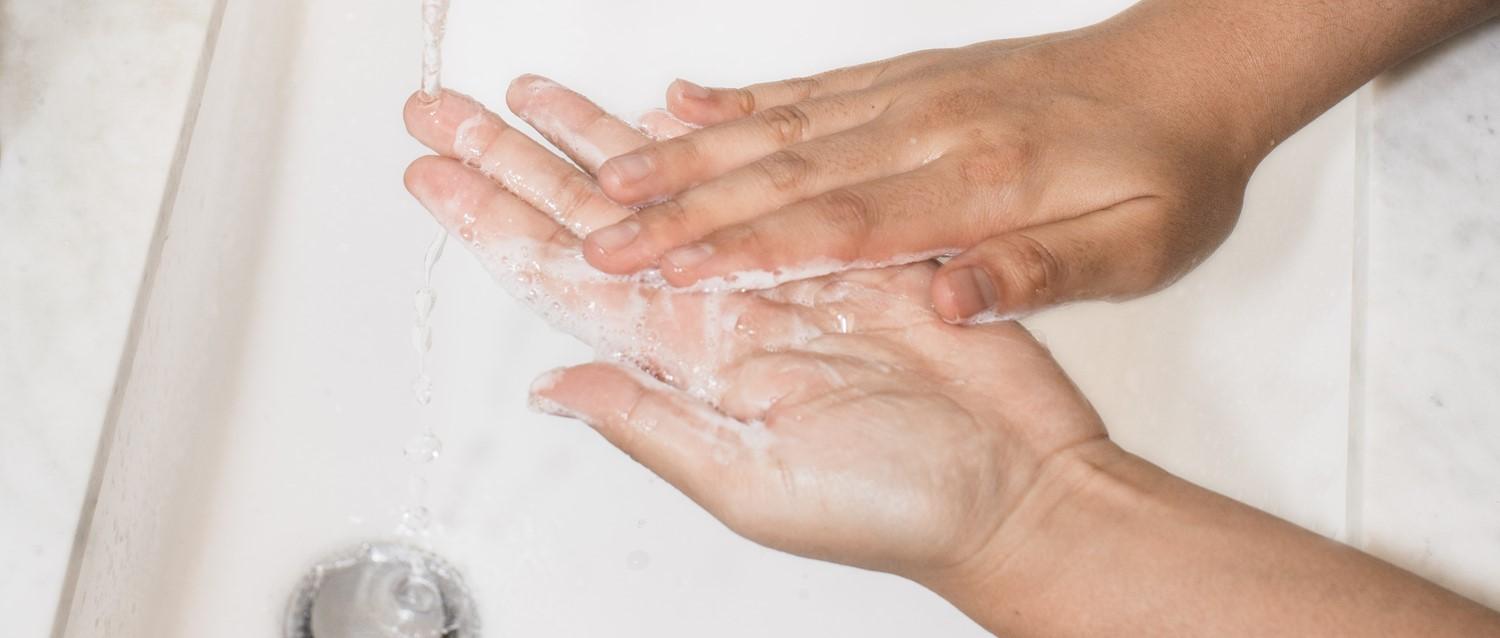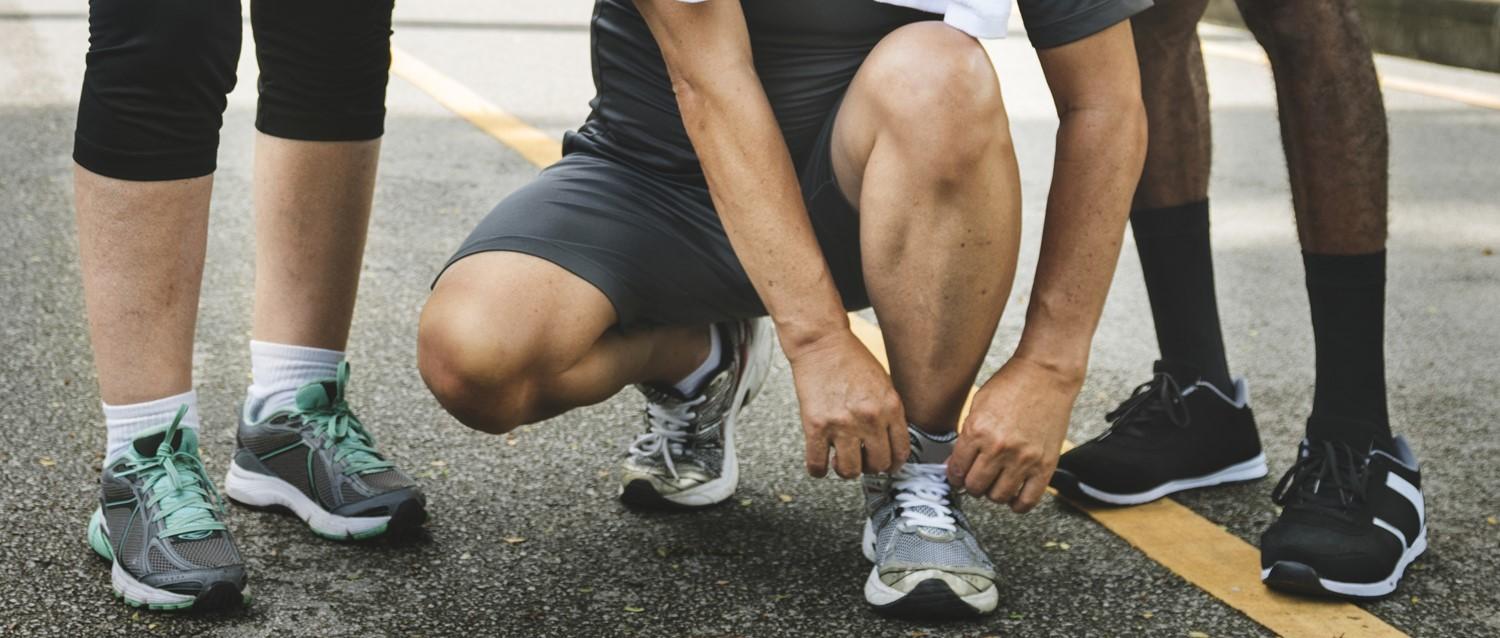
COVID-19: coronavirus myths debunked
Peer reviewed by Dr Sarah Jarvis MBE, FRCGPLast updated by Milly EvansLast updated 3 Mar 2020
Meets Patient’s editorial guidelines
- DownloadDownload
- Share
- Language
- Discussion
As coronavirus spreads, so do all kinds of myths and rumours about COVID-19. We take a look at some of the misinformation and misconceptions to make sure you're getting the right information.
In this article:
This feature is now out of date. You can find our latest features and advice on coronavirus and COVID-19 in our coronavirus hub.
Use Patient's coronavirus checker tool if you have any symptoms of fever or a new cough. Until you have used the tool and been advised what action to take, please stay at home and avoid contact with other people.
Continue reading below
Myth: "Only old or sick people die from coronavirus"
There's no question that over-70s (particularly over-80s) and people with underlying long-term health problems are more likely than others to develop serious complications or die from coronavirus.
The first under 25 year-old to die in the UK from coronavirus - an 18 year-old - did have underlying health problems. But on 21st March a 21-year-old woman with no existing illness died. This news comes on the back of findings that 1 in 80 people in their 20s are ill enough to require hospital admission if they catch the virus. This is a salutary reminder that lower risk of serious illness or death does not mean no risk.
Myth: "If you can hold your breath, you don't have coronavirus"
Back to contentsOne of the most widely shared social media myths about coronavirus suggests that if you can hold your breath for 10 seconds without discomfort, you don't have fibrosis in your lungs, which means you don't have coronavirus.
This myth is wrong on so many levels. Holding your breath is not a test for fibrosis, and in any event fibrosis is not a symptom of coronavirus. If you have a chronic lung condition like COPD, you're unlikely to be able to hold your breath for 10 seconds anyway.
Continue reading below
Myth: "You can catch it from pets"
Back to contentsEven though the virus originated at a live animal market in Wuhan, China, it's pretty likely that our pets aren't contributing to the spread of the virus. According to the World Health Organization (WHO), there's no evidence that household pets will pass on COVID-19.
One case has been seen of a dog in Hong Kong testing 'weak positive' for coronavirus after its owner became infected with coronavirus. However, it's possible that the virus was only present on the dog's mouth and nose because it came into contact with a contaminated surface. The dog remained well during the entire quarantine period. While in fact they died just after leaving quarantine, they were 17 years old and had just gone through the major trauma of quarantine. It's far more likely that natural causes than coronavirus were to blame.
You should, however, always wash your hands after touching your pets to reduce your risk of contracting E. coli and salmonella.
The species responsible for the outbreak at the live animal market is yet to be confirmed but the virus probably originated in bats and may have been passed on through pangolins which are often illegally traded for their meat and scales. Other coronaviruses have previously been confirmed to have jumped from animals to humans. SARS is thought to have originated in civet cats before transferring to humans in the early 2000s.
Myth: "Washing your hands in vodka kills the virus"
Back to contentsWith the current shortages of hand sanitiser, a bottle of spirits might just cost less than a bottle of hand sanitiser. But while alcohol-based sanitisers are effective, they need to contain at least 60% alcohol to kill coronavirus. So unless you have a supply of illicit potcheen hidden away at the back of your cupboard, don't try it.
Continue reading below
Myth: "It's less dangerous than flu"
Back to contentsBecause of its symptoms and spread, the new coronavirus SARS-CoV-2 (called coronavirus from now on), which causes COVID-19, is being compared to the annual flu virus. The WHO estimates that flu kills between 290,000 to 650,000 people each year worldwide. Some years have been even more devastating, such as the 1918 epidemic, which affected around half of the world's population and killed 40-50 million globally.
In terms of proportions rather than number of deaths, COVID-19 seems to be deadlier than the annual flu. The flu is cited by experts as having a death rate of around 0.1%. The UK government estimates that the death rate for COVID-19 is around 2% or less: other researchers put the figure at around 1%.
But COVID-19 isn't a death sentence. Around 80% of cases are mild and only a small proportion will have serious or severe infections. Interestingly, a new research paper suggests that even a 1% estimate of mortality may be a significant overestimate, on the basis that many people have such mild infection that they're never diagnosed and included in the figures.
Coronavirus has a higher basic reproduction number (the number of people each individual will infect). For coronavirus, each case will cause an average of 2.2 cases, compared to 1.3 for flu.
The concerning difference between flu and coronavirus is that this is a new virus. We don't yet know how to treat it, which medications might be effective or the long-term implications. And there isn't a vaccine yet available. Even though there are thousands of cases of flu each year in the UK, a huge number of cases are prevented by the flu vaccine. The vaccine also prevents more serious cases of flu and protects vulnerable groups who may otherwise die from flu.
Scientists are currently working to create a vaccine to protect against COVID-19 but it is likely to be at least a year before it is available to the public. This is because of the rigorous testing vaccines have to go through to ensure effectiveness and catch any side effects.
Myth: "Face masks protect you from the virus"
Back to contentsYou might have noticed more people wearing medical face masks in the last few weeks whilst out and about. Don't worry if you haven't bought one. The masks are fairly ineffective for the average person.
Only people caring for infected people and the infected people themselves needs to wear masks.
Some of the surgical masks which the public are choosing to wear are actually made to protect others from the wearer, not the other way around. They likely won't prevent droplets reaching your mouth and nose. Even the more heavy-duty respiratory masks which tend to be used in hospitals aren't very effective for the average person. They need to be properly fitted to create a seal and then removed and disposed of correctly.
In fact, you may even increase your risk of infection as it's likely you'll be touching your face more. And shortages of masks caused by panic-buying of masks put healthcare workers at risk if hospitals aren't able to get hold of them.
Myth: "Handwashing is ineffective"
Back to contentsClaims that washing your hands is futile against the virus are incorrect. Effective handwashing is one of the best disease prevention techniques we have. Learning the WHO recommended twenty-second handwashing technique will help to protect you against coronavirus and other infections.
Always make sure to use soap and warm water to wash your hands. Dry them using a clean, disposable paper towel or hand dryer where possible. Despite some claims, hand dryers themselves will not kill the virus - you need to wash your hands to do this.
If you don't have access to water and soap, using hand sanitiser will work in the meantime. Hand sanitisers containing at least 60% alcohol are the most effective in killing viruses and bacteria. Carry a bottle on you at all times so you can make sure your hands are clean before touching your face or mouth.
It's also a good idea to clean any surfaces which you regularly come into contact with, especially in communal spaces. This might include door handles, stair rails and kitchen surfaces. Depending on the conditions, the virus may survive on surfaces for a few hours or several days.
Myth: "The virus was created in a lab"
Back to contentsEvery time a new virus comes along, conspiracy theories pop up. There is no evidence that the new coronavirus is man-made.
Viruses naturally exist in the environment and so it is inevitable that we see occasional outbreaks in humans. The new coronavirus is closely linked to other coronaviruses like SARS and MERS, both of which are thought to have made the jump from animals to humans. This makes it highly likely that COVID-19 has followed the same path.
Myth: "I'm not at risk of COVID-19"
Back to contentsWhilst some people will only have very mild symptoms or not catch the virus at all, certain groups are at higher risk. According to a study of 44,000 cases of COVID-19, those more likely to die from the virus include:
The elderly.
Those who are unwell, have weakened immune systems or long-term conditions. Conditions especially at risk include cardiovascular (heart) disease, diabetes, chronic respiratory disease, hypertension (high blood pressure) and cancer.
Potentially men. In the study 2.8% of men died compared to 1.7% of women.
Healthcare workers are also more likely to contract a more serious illness due to exposure to higher levels of coronavirus.
If you are not in one of these risk groups, that doesn't mean you won't get it. You should still take measures like washing your hands and avoiding people who are unwell.
It's important to note that in the UK new cases are being discovered which are not linked to travel. This means that it's not only people who have been abroad who are at risk.
We don't have any published data about pregnant women at the moment but if the new coronavirus affects pregnancy in the same way as SARS and MERS, it's possible that we may see some fetal abnormalities and miscarriages. However, in the cases we've seen so far, none of the pregnant women who have contracted the virus have passed it on to their child and the virus hasn't been found in breast milk.
This article was updated on 26th March 2020.
Patient picks for General information

COVID-19
How to contribute to COVID-19 research
COVID-19 has been such a large part of our lives for so long that it's easy to forget it's a very new virus, and there is still a great deal to learn about it. To do that, the science community relies on members of the public - those who have had coronavirus and those who haven't - to sign up as research volunteers.
by Allie Anderson

COVID-19
Can lifestyle changes reduce your COVID-19 risk?
During the COVID-19 pandemic, we're all doing our bit to keep ourselves and others safe. Following guidelines, wearing masks when advised and practising social distancing can all help to reduce the spread of the virus. But is there anything we can do to reduce our personal risk of contracting the virus, or our risk of serious disease if we do get infected?
by Gillian Harvey
Continue reading below
Article history
The information on this page is peer reviewed by qualified clinicians.
3 Mar 2020 | Latest version

Ask, share, connect.
Browse discussions, ask questions, and share experiences across hundreds of health topics.

Feeling unwell?
Assess your symptoms online for free
Sign up to the Patient newsletter
Your weekly dose of clear, trustworthy health advice - written to help you feel informed, confident and in control.
By subscribing you accept our Privacy Policy. You can unsubscribe at any time. We never sell your data.